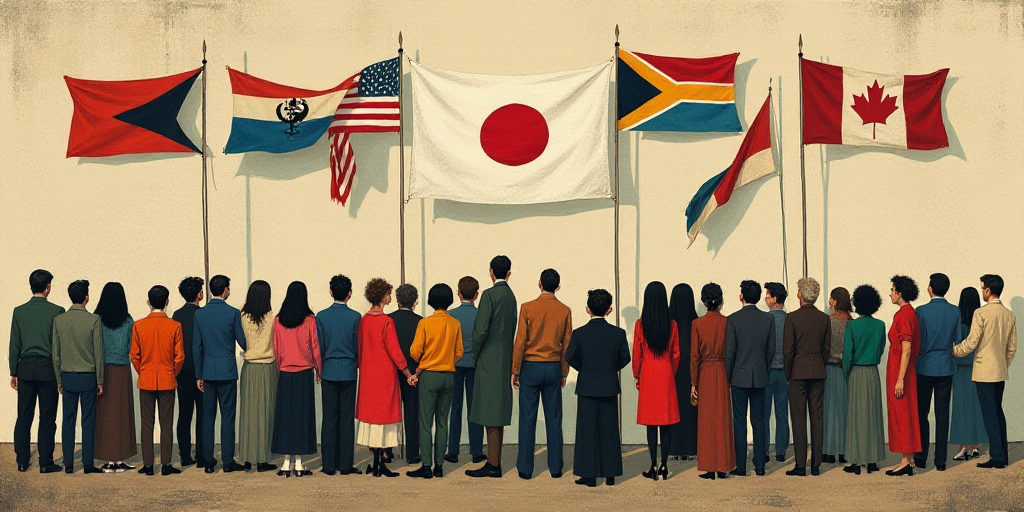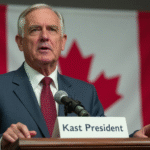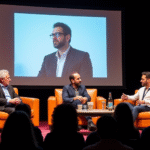Background and Relevance
Mondiacult 2025, a global conference on cultural policies and sustainable development, concluded in Barcelona, Spain. The event gathered culture ministers and representatives from UNESCO member states to discuss the current state and future of culture in the world. The closing ceremony featured young activists addressing concerns about biased algorithms, exclusionary nationalism, bureaucratic structures, and exploitative cultural forces.
Key Speakers
Ernest Urtasun, Spain’s Minister of Culture and Mondiacult 2025 president, along with Audrey Azoulay, UNESCO’s Director General, led the plenary session. The event also included statements from civil society representatives participating in the parallel meeting programs, such as MondiaYouth.
MondiaYouth’s Demands
Young cultural activists from around the world, gathered under MondiaYouth, presented a list of demands to culture ministers regarding the creative ecosystem’s future. Their message was clear and direct.
Cultural Rights and Sustainability
Anna Villarroya, a professor at the University of Barcelona’s Economics Department and director of its Center for Information, Communication, and Culture, spoke on behalf of civil society representatives. She emphasized the need to place culture at the heart of public policies and international agendas, recognizing it as a crucial pillar for sustainability.
- Cultural Rights: Villarroya highlighted the importance of questioning structures that privilege certain voices while silencing others, and ensuring mechanisms for free and safe participation of historically marginalized groups.
- Ecological and Social Justice: She stressed that cultural rights and ecological justice are inseparable, advocating for imaginative cultural productions that enable viable and equitable futures.
Artificial Intelligence Concerns
Regarding the conference’s focus on artificial intelligence, Villarroya called for an ethical, socially aware, ecologically conscious, and politically informed approach. She addressed concerns about authorship, the nature of works, cultural significance, and the concentration of control over these technologies.
- Regulation and Public Infrastructure: Villarroya emphasized the need for regulations and public infrastructures to safeguard democratic rights, including access to information, for all citizens.
- Energy Impact of AI: She also underscored the importance of acknowledging and visualizing the energy impact of artificial intelligence, as these transformations affect the working conditions of artists and cultural professionals.
Key Questions and Answers
- What is Mondiacult 2025? It’s a global conference on cultural policies and sustainable development, organized by UNESCO member states to discuss the current state and future of culture in the world.
- Who are the young activists? They are cultural activists from around the world participating in MondiaYouth, a parallel meeting program during Mondiacult 2025. They presented demands to culture ministers regarding the creative ecosystem’s future.
- What concerns do they raise? The activists highlight biased algorithms, exclusionary nationalism, bureaucratic structures, and exploitative cultural forces. They also emphasize the need for an ethical approach to artificial intelligence, addressing concerns about authorship, cultural significance, and the concentration of control.
- Why is cultural sustainability important? Cultural sustainability is crucial as it’s recognized as a vital pillar for overall sustainability. It involves questioning privileging structures, ensuring cultural rights for marginalized groups, and understanding the inseparable link between ecological and social justice.






